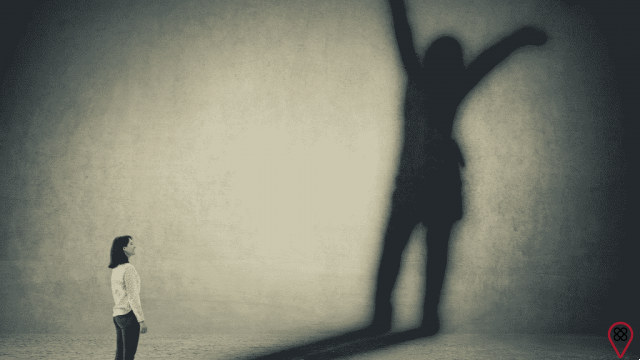“When I grow up, I want to be another way. I want to be far.
I replied: no one is far. People are always close to something and close to themselves.
My sister said: they are. Some people are far. When I'm big I want to be far away.
And I would answer: I think I want to be a teacher.”
“My mother, on the other hand, had lost her way of appeasing herself. She rejected everything. She was strict, she didn't excuse anyone and didn't apologize. She was at war. She didn't know, in fact, she put her hands blind in the world. As if she were alive in a dead world.”
“He didn't escape himself. He was singular, and singular if he preyed, he fell. Alone, my father would be enough to consume himself. To end.”
“Clean or dirty, I was all mine. Perhaps that was why the hate ceased to make sense. Because what it turned out to be depended on what I decided.”
These lines are in the book “The Dehumanization”, by Valter Hugo Mãe, a book that moves between the heavy and the sad and between poetry and the discovery of love.
These lines touched me, that's why I write this text to reflect together with you what each one evokes and invites us to feel.

Sigridur is the name of the character who wants to be far away and this desire of hers already invites us to look at the horizon, to keep our heads high and attentive to so many possibilities that are before us. It reminds us that we spend the day looking closely, looking closely at a screen that we delusionally believe takes us away, but which, in fact, does not lift us out of our chair.
Our gaze today is limited to computer, cell phone, TV screens and, with that, we lose breadth, the other that is next to us and, mainly, our imagination.
Who reads me now tells me, how are your dreams? How many are the moments of daydreams and fantasies lived in everyday life?
To go far is to know more, to feel more.
Going away and looking at yourself on a continuum with everything around you and experiencing a real sense of belonging, not a sense of self and other or self and other things, for that is being close.
Going far away is a certainty of being one and, therefore, infinite, inexplicable and incomparable.
We are great, all of us, because we are life in concrete, limited and finite form, but there is something in each of us that survives, that endures for all eternity.

The mother, in turn, leads us to our smallness, to the fiction we create about ourselves and other people, including those we don't know, but who we insist on judging.
The mother invites us with all her rigidity and torment to question ourselves – how is our look at ourselves? How is our ability to know ourselves imperfect, flawed and vulnerable? How is our arrogance in the face of other people's choices? How is the understanding that we know almost nothing?
This mother at war is us wanting more and always more, disregarding the effects and impacts of these wants. An internal war nourished by dissatisfaction, frustration and an external one that destroys nature, produces garbage, and does not respect life.
We are alive in a dead world each time we choose to be definitive, unattainable, superior and absolute in knowledge.
We thus arrive at the father, that being who did not escape from himself, who preyed on himself, slaughtered himself and consumed himself. A unique being like each of us!
Why have we chosen solitude and individualism at its worst?
Why do we mistreat ourselves so much, why are we so intolerant of our weaknesses and don't look at our vulnerabilities as driving forces of transformation and as bridges that lead us to the unique, fragile and vulnerable other just like us?
Why do we demand self and, consequently, demand perfection from those around us?
How long will we live unreal narratives about who we are instead of allowing ourselves to be humans who feel and who need company to constantly deconstruct and simply live the flow of evolution and impermanence?
You might also like:
- Separation Anxiety: What is this feeling that is born in mothers?
- How about meditating on the way home or work?
- Mindfulness: Practice Anywhere
- 4 Books You Must Read!
- Practice empathy with these tips
Halla is the character who tells us a snippet of her life story and something about her sister — Sigridur, her mother and father. She summons us to see our light and shadow, our loves and sorrows.
It is a cry for generosity, forgiveness and compassion. After all, as she herself says: “those who don't know how to forgive only know small things”.
Halla calls us to inhabit a living, loving world, available to the other, even if this world, at first, causes us strangeness or aversion. And even if it reminds us of the worst of ourselves, there is a request that we resist so that we can see love sprouting and, thus, weave a new path, a new destiny, after all “hell is not the others... are paradise, because a man alone is just an animal. Humanity begins with those around you, and not exactly with you…”
“Dehumanization” is a dense and tragic book, but also poetic, surprising and touching, just like each one of us humans.
After finishing the reading, I couldn't keep it to myself, I had to express it in audios, fragments and in this text. I sincerely hope, therefore, that something will also touch you and allow you to reflect and transform.
Hugs!

























